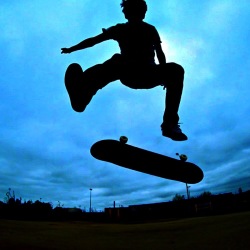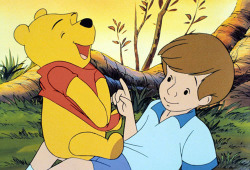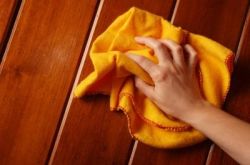
You hear a lot of interesting things being shouted when you are sitting on the sidelines watching a sporting event. "Play to the whistle!", "Let's go!", "Talk to each other!", "Get your head in the game!","Brush it off!","Hey, ref! Put your glasses on!", and many more. As I have said in previous posts, I am a Soccer Mom and I love watching my sons play and hearing the "color commentary" from the other parents. Sometimes you can sit close enough to hear what the coaches are saying to the players. At a recent game, the coach of the opposing team was extremely vocal and we could easily hear the things he was shouting at his team. When he shouted to his striker, "Keep your head up after a bad pass!", I said to the parents sitting near me: "That's a lesson than can apply to more than just soccer."
I included a photo of a cute baby with this blog because babies don't need to be reminded to 'keep their heads up.' Once they have the strength to do so, babies keep their heads up all of the time. In addition to the excitement that little ones have about lifting their heads up and gaining a better view of the world, the posture of babies is not linked with their self esteem (or lack thereof). I don't think that babies are capable of having the self-esteem issues that adults have. They don't catch a glimpse of themselves in the mirror and think "I need to lay off the second helpings." You never see a baby perseverating after a tumble...they just get back up and try again. They don't need a coach to tell them to "keep their head up after a bad pass." I often tell my clients that they need to "baby themselves" because I want them to make self-care the highest priority. We take such wonderful care of our babies, yet we fail to treat ourselves with the same loving kindness. Another reason we should baby ourselves is to reclaim our 8-month old self who smiled at our reflection in the mirror, kept trying something we wanted to do until we got it right, and were so happy to be uniquely ourselves (there is no "keeping up with the Joneses" when you are a baby). Read More










